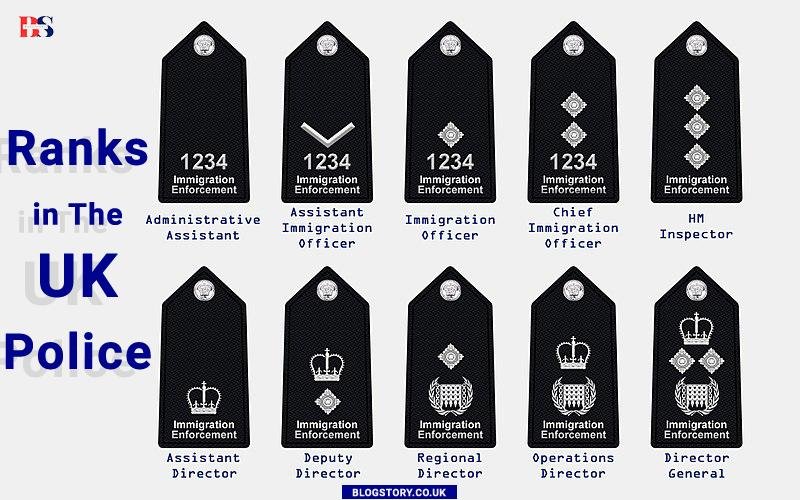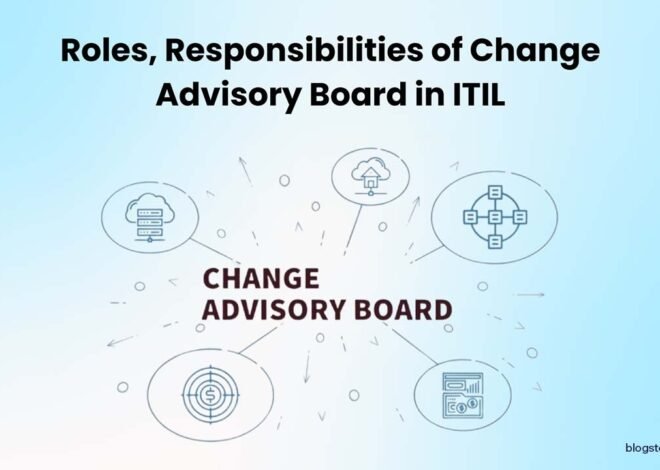
Understanding Ranks in The UK Police – A Comprehensive Guide
The police force in the UK is a complex and multi-layered organization that operates under a hierarchical structure. Understanding the ranks in the UK police is crucial for both members of the police force and the general public. This guide aims to provide a comprehensive understanding of the ranks in the UK police, their responsibilities, and the hierarchy that they operate under.
What is The Structure of The UK Police Force?
The UK police force is divided into two main branches: the territorial police force and the special police force. The territorial police force is responsible for maintaining law and order within their specific jurisdiction, whereas the special police force is responsible for specific tasks such as counter-terrorism or drug enforcement.
The Territorial Police Force is Further Divided Into Three Distinct Levels:
- National policing – led by the National Police Chiefs’ Council (NPCC) and the College of Policing
- Regional policing – led by chief constables
- Local policing – led by police and crime commissioners (PCCs)
What Are The Ranks in The UK Police Force?
The UK Police Force Ranks Are Divided into Two Categories: Sworn and non-sworn officers. Sworn officers are those who have taken an oath to serve and protect the public, whereas non-sworn officers are support staff who work in a variety of roles such as administration, IT, or forensics.
Sworn Officers in The UK Police Force Are Divided Into Two Categories: Constables and Officers. Constables are the most junior rank of sworn officers, while officers hold higher ranks within the force.
What Are The Ranks Within The Constable Category?
Constables are the most junior rank of sworn officers within the UK police force. The ranks within the constable category are as follows:
- Police Constable (PC)
- Senior Police Constable (SPC)
- Advanced Police Constable (APC)
1. Police Constable (PC)
Police Constables are the most junior rank of sworn officers within the UK police force. They are responsible for responding to calls, conducting investigations, and gathering evidence. PCs work in a variety of roles, including neighborhood policing, traffic policing, and specialist roles such as dog handlers.
2. Senior Police Constable (SPC)
Senior Police Constables have experienced Police Constables who have been in the role for several years. They are responsible for supervising Police Constables, providing guidance, and acting as mentors to new officers.
3. Advanced Police Constable (APC)
Advanced Police Constables are senior officers within the constable category. They are responsible for supervising and managing teams of Police Constables, providing guidance and support to colleagues, and taking on more complex cases.
What Are The Ranks Within The Officer’s Category?
Officers are in the higher ranks within the UK police force. The ranks within the officer category are as follows:
- Sergeant (SGT)
- Inspector (INSP)
- Chief Inspector (CH INSP)
- Superintendent (Supt)
- Chief Superintendent (CH SUPT)
- Assistant Chief Constable (ACC)
- Deputy Chief Constable (DCC)
- Chief Constable (CC)
1. Sergeant (SGT)
Sergeants are the first rank of officers within the UK police force. They are responsible for managing teams of Police Constables and providing guidance and support to colleagues. They also have the authority to make decisions regarding the deployment of resources and the allocation of tasks.
2. Inspector (INSP)
Inspectors are more senior officers within the UK police force. They are responsible for managing teams of Sergeants and Police Constables, overseeing investigations, and ensuring that operational targets are met.
3. Chief Inspector (CH INSP)
Chief Inspectors are even more senior officers within the UK police force. They are responsible for managing large teams of officers and supervising the work of Inspectors and Sergeants. They also work closely with local communities and partner agencies to address crime and anti-social behavior.
4. Superintendent (Supt)
Superintendents are senior officers within the UK police force. They are responsible for managing and directing large-scale operations and overseeing the work of Chief Inspectors and other officers. They also work closely with other agencies, such as the National Crime Agency and the Crown Prosecution Service, to tackle serious and organized crime.
5. Chief Superintendent (Ch Supt)
Chief Superintendents are the highest-ranking operational officers within the UK police force. They are responsible for managing multiple teams and units within a specific geographic area or a specific aspect of policing, such as intelligence or counter-terrorism.
6. Assistant Chief Constable (ACC)
Assistant Chief Constables are senior officers within the UK police force who are responsible for overseeing a specific area of policing, such as crime or operations. They work closely with the Chief Constable and other senior officers to develop and implement strategic plans for the police force.
7. Deputy Chief Constable (DCC)
Deputy Chief Constables are second-in-command to the Chief Constable within the police force. They are responsible for managing day-to-day operations and overseeing the work of Assistant Chief Constables, Superintendents, and other officers.
8. Chief Constable (CC)
The Chief Constable is the highest-ranking officer within the police force. They are responsible for leading the police force and ensuring that it operates effectively and efficiently. They work closely with other senior officers, government officials, and partner agencies to develop and implement strategic plans for the police force.
What Are The Responsibilities of The Ranks in The UK police Force?
The responsibilities of each rank within the UK police forces vary depending on their level of seniority and the specific role that they perform. However, some of the general responsibilities of each rank are outlined below:
1. Constable
- Responding to calls and emergencies
- Conducting investigations
- Gathering evidence
- Liaising with the public and partner agencies
- Providing reassurance and support to local communities
2. Officer
- Managing and directing teams of constables
- Overseeing investigations and operations
- Developing and implementing strategic plans for the police force
- Working closely with partner agencies to tackle crime and anti-social behavior
- Ensuring that operational targets are met
What is The Hierarchy of The UK Police Force?
The UK police force operates under a hierarchical structure, with each rank having a specific level of authority and responsibility. The hierarchy of the UK police force is as follows:
- Constable
- Sergeant
- Inspector
- Chief Inspector
- Superintendent
- Chief Superintendent
- Assistant Chief Constable
- Deputy Chief Constable
- Chief Constable
The hierarchy of the UK police force is designed to ensure that there is a clear chain of command and that decisions are made efficiently and effectively.
Conclusion
Understanding the ranks in the UK police force is crucial for both members of the police force and the general public. The police force operates under a hierarchical structure, with each rank having a specific level of authority and responsibility.
The constable category is made up of Police Constables, Senior Police Constables, and Advanced Police Constables, while the officer category includes Sergeants, Inspectors, Chief Inspectors, Superintendents, Chief Superintendents, Assistant Chief Constables, Deputy Chief Constables, and Chief Constables.
Each rank has specific responsibilities and operates within a clear chain of command. By understanding the ranks in the UK police force, we can better understand how the police force operates and how it serves and protects the public.
You May Like Also:













7 thoughts on “Understanding Ranks in The UK Police – A Comprehensive Guide”